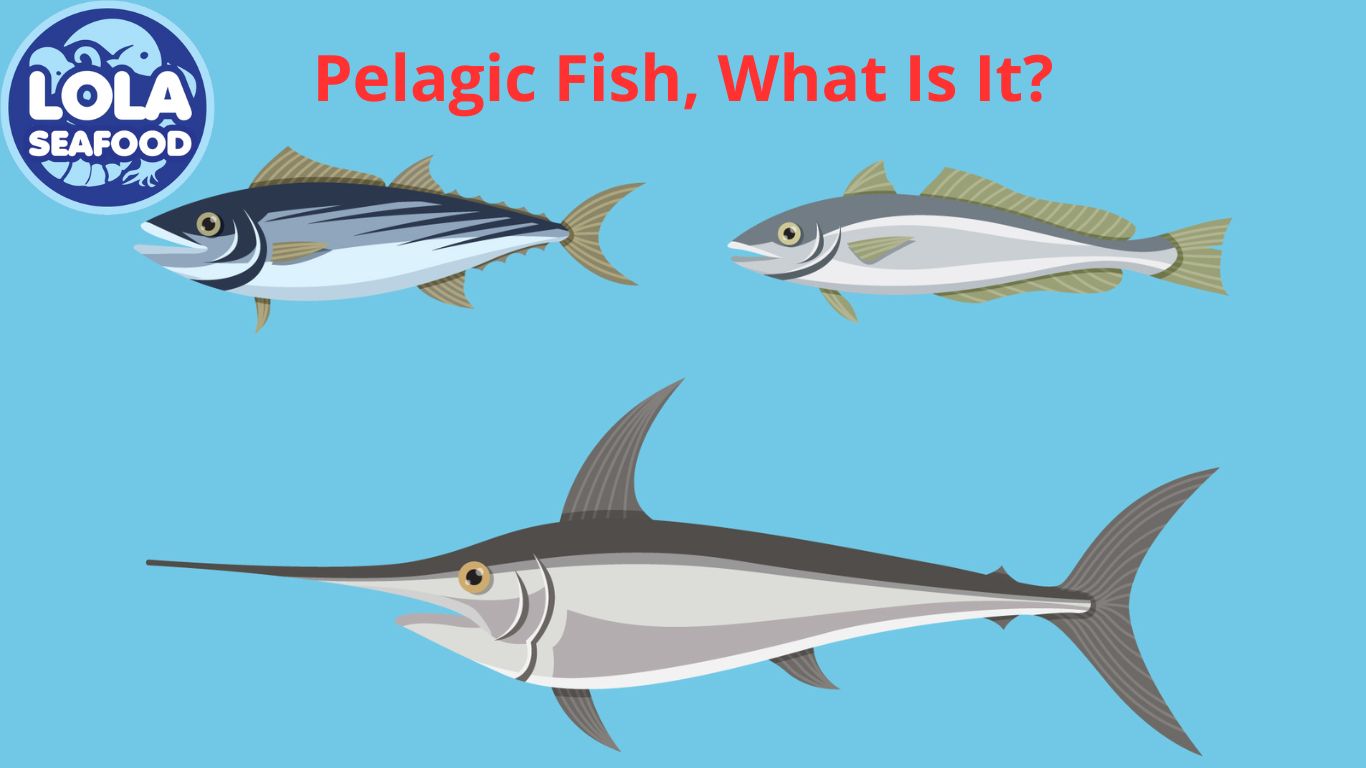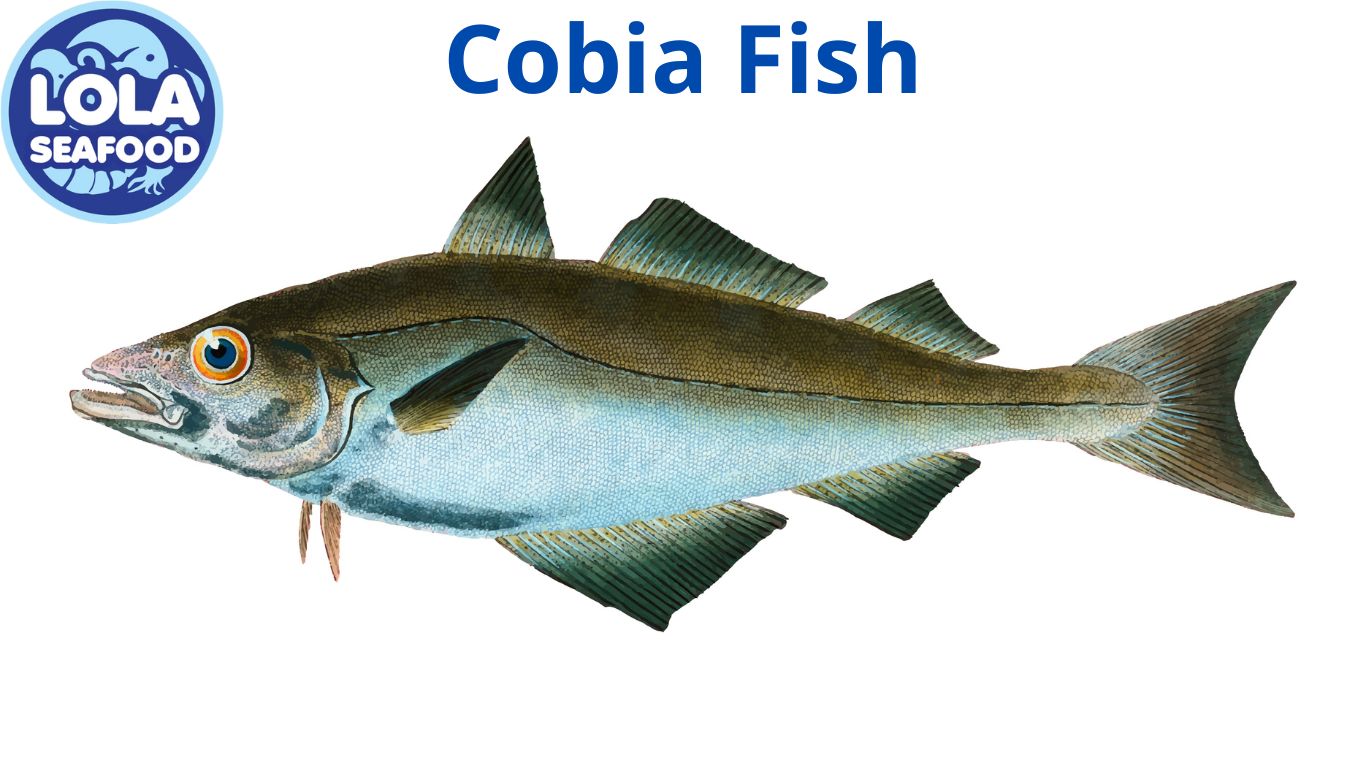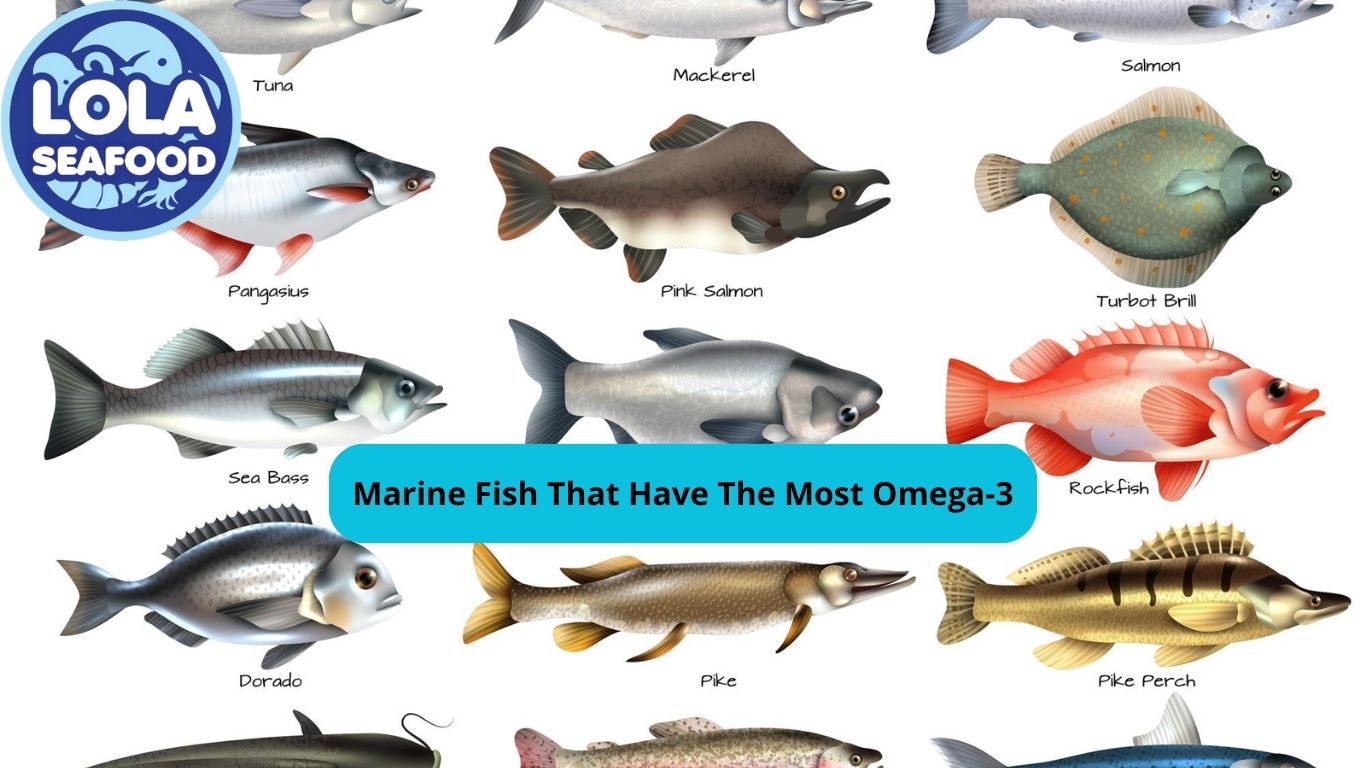CLOSTRIDIUM BOTULINUM
By. Najih - 11 Nov 2024.jpg)
Clostridium botulinum is the bacterium that causes botulism. Clostridium botulinum is a Gram-positive, slightly curved, motile, anaerobic, rod-shaped bacterium that produces heat-resistant endospores. These endospores, which are very resistant to a number of environmental stresses, such as heat and high acid, can become activated in anaerobic environments, low acidity (pH > 4.6), high moisture content, and in temperatures ranging from 40°F to 250°F (4°C to 121°C).
Low levels of C. botulinum spores are found in a wide variety of foods. The presence of botulinum toxin in low-acid processed foods is often due to a failure to control the sterilisation or curing process and/or to a break in the cold chain.
The vast majority of the foods that cause botulism are home-made/artisanal products. In France, the foods most commonly involved in cases of botulism are:
- dried cured meat and fish (cured ham),
- canned vegetables (asparagus, green beans, carrots and carrot juice, peppers, Greek-style olives, pumpkin, tapenade, etc.), meat (terrine, pâté), ready-to-eat meals, and vacuum-packed salted and dried fish.
What are the health effects?
Botulism is a disease with an incubation period ranging from a few hours, usually 12 to 48 hours, to eight days.
The severity of symptoms depends in particular on the amount of botulinum toxin absorbed. They include:
- digestive problems: vomiting, diarrhoea, constipation
- ocular impairment: blurred or double vision, dilated or fixed pupils
- dry mouth, difficulty swallowing and speaking
- for the most severe forms, flaccid paralysis of the limbs and respiratory muscles, which can lead to death in less than 5% of cases in France.
The symptoms can last from a few days to several months.
How can you prevent it?
- Carefully prepare any food intended to be canned
- Follow the sterilisation instructions given by steriliser manufacturers
- Do not eat food from dented or bulging cans, or food that smells suspicious when opened.
- Compliance with the cold chain is essential for cooked but non-sterilised products that need to be kept cold: ready-to-eat meals, pâté, etc.
- For commercial food, we must follow the cold storage instructions and comply with the use-by dates.




.jpg)

.jpg)
.jpg)